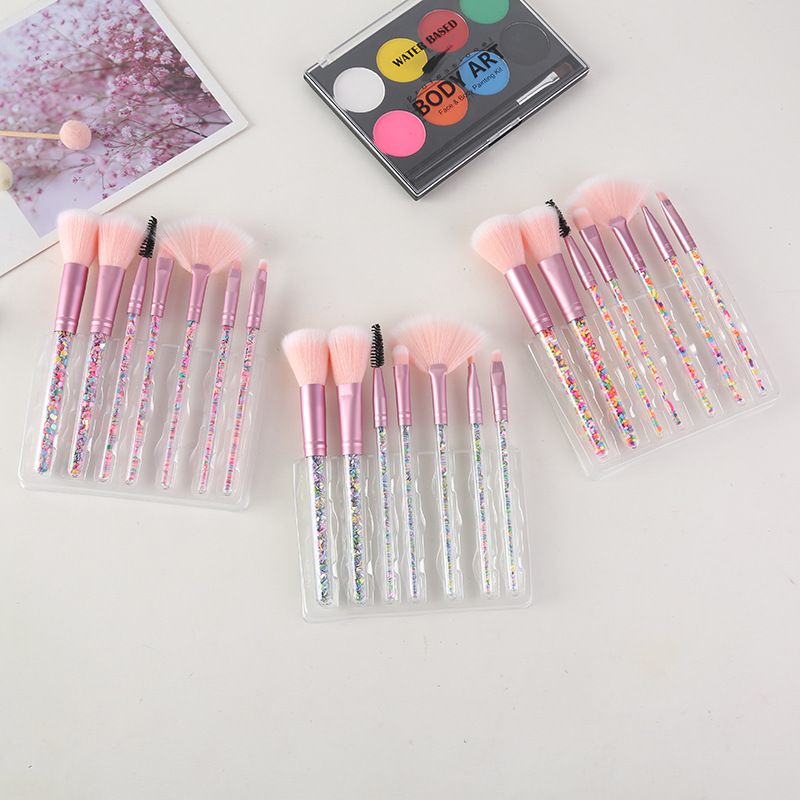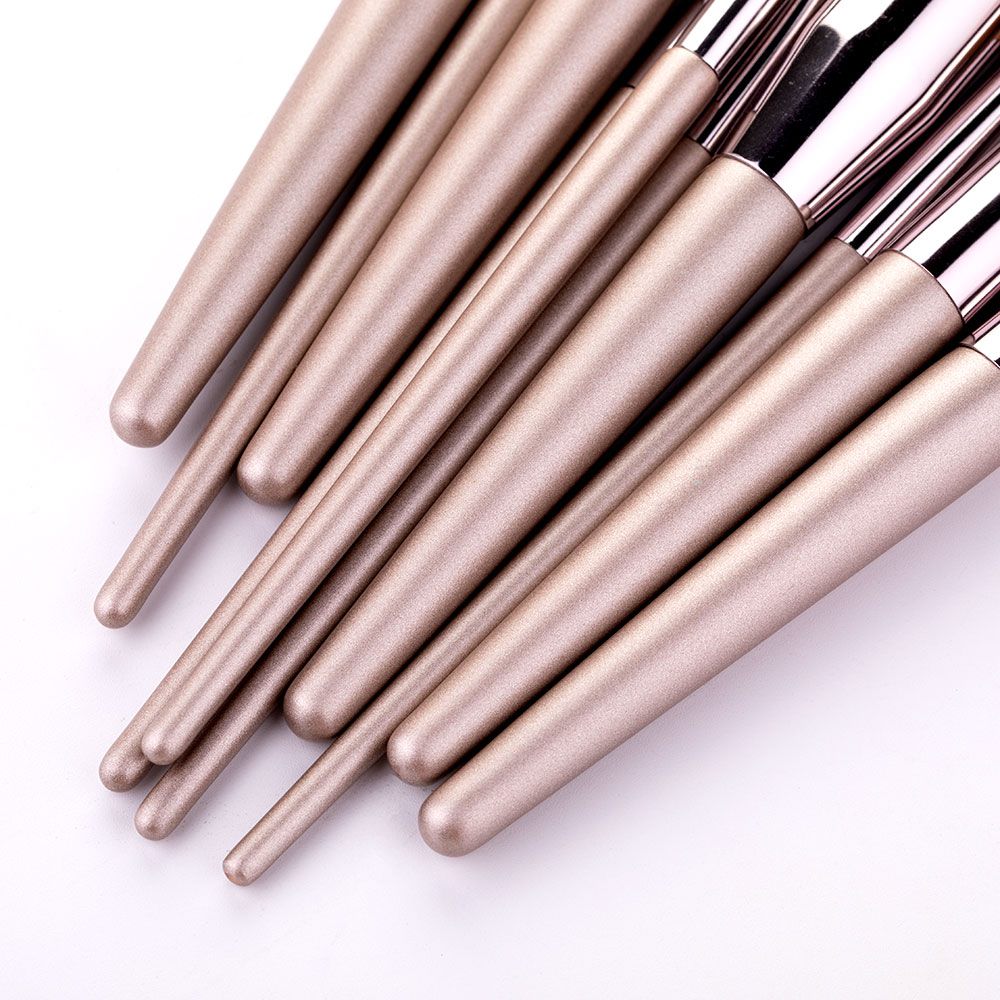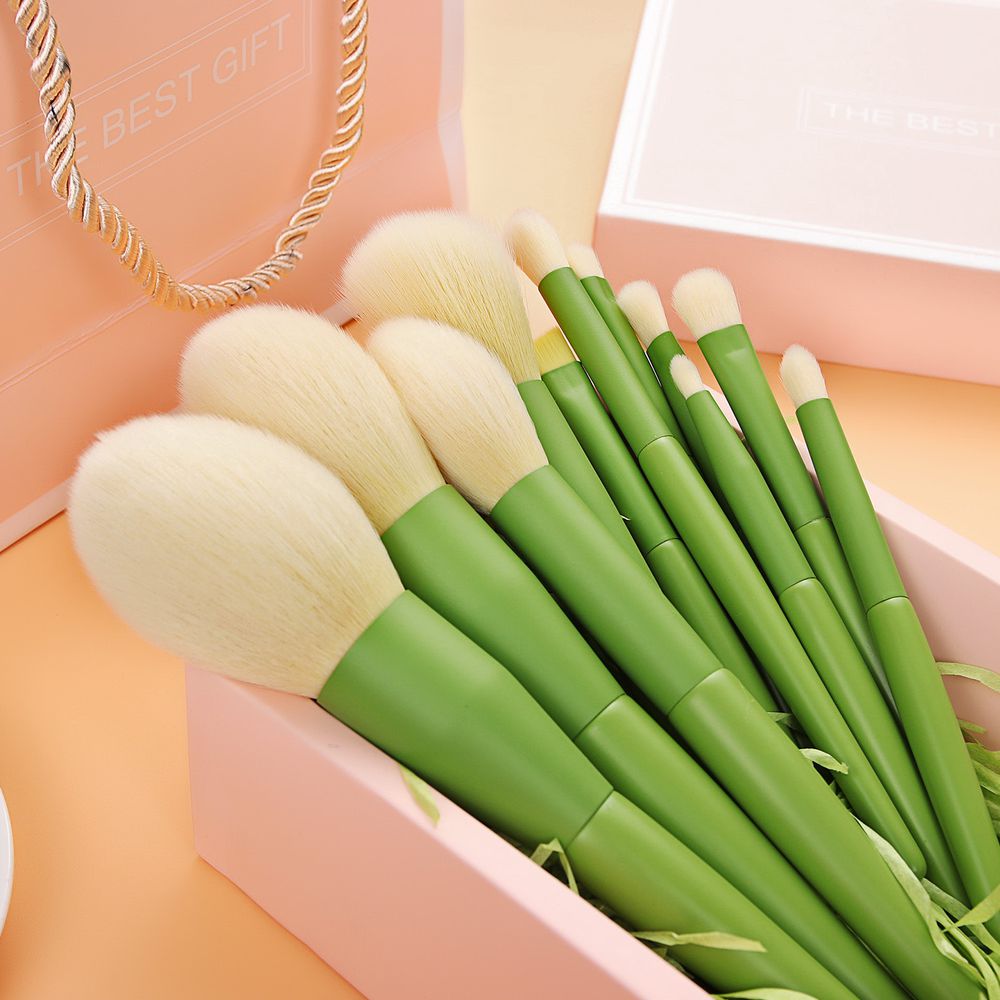Industry news
African Beauty Market Forecast: Synthetic Bristles to Account for 80% of Brush Sales by 2028
- 216 Views
- 2025-09-24 01:31:37
African Beauty Market Forecast: Synthetic Bristles to Dominate 80% of Makeup Brush Sales by 2028
The African beauty market is experiencing a transformative growth phase, with cosmetics and personal care emerging as one of the fastest-expanding sectors across the continent. Amid this boom, a striking trend is taking shape: synthetic bristle makeup brushes are poised to capture 80% of total brush sales by 2028, according to industry projections. This shift signals a profound change in consumer preferences, supply chain dynamics, and regional manufacturing capabilities, reshaping the future of beauty tools in Africa.
To understand this forecast, it’s critical to first contextualize the broader African beauty market. Fueled by a rising middle class, urbanization, and the influence of social media beauty trends, the continent’s cosmetics sector is growing at a compound annual growth rate (CAGR) of 7.2%, outpacing global averages. Within this, makeup tools—particularly brushes—are no longer niche accessories but essential staples for consumers seeking professional-grade results at home. Market reports indicate that makeup brush sales in Africa reached $120 million in 2023, with projections to exceed $280 million by 2028, driven by demand in key markets like South Africa, Nigeria, and Kenya.

Against this backdrop, synthetic bristles are rapidly displacing natural alternatives, which have long dominated global markets. The reasons for this shift are multifaceted, rooted in both consumer behavior and economic pragmatism. For one, synthetic bristles align with the growing “cruelty-free” movement across Africa, especially among Gen Z and millennial consumers. Social media campaigns highlighting animal welfare issues have made natural bristles—often sourced from squirrel, goat, or badger hair—less appealing. A 2023 survey by African Beauty Insights found that 68% of consumers aged 18–35 prioritize cruelty-free products, a statistic that directly impacts brush purchasing decisions.
Economic factors further tilt the scales toward synthetics. Natural bristles are prone to price volatility due to inconsistent global supply chains, while synthetic materials—typically nylon or polyester—offer stable, low-cost production. This affordability is key in a market where price sensitivity remains high: synthetic brushes are, on average, 30–40% cheaper than their natural counterparts, making them accessible to a broader consumer base. Local manufacturers, particularly in Egypt and Morocco, have capitalized on this by ramping up synthetic bristle production, reducing reliance on imported natural materials and shortening delivery times.
Technological advancements in synthetic bristle design have also erased performance gaps with natural options. Modern synthetic fibers are engineered to mimic the softness and powder-holding capacity of natural hair, with added benefits like water resistance and quick-drying properties—ideal for Africa’s humid climates. Brands like Kenyan startup GlowBrush and South Africa’s Fenty Beauty Africa (a local extension of Rihanna’s line) have launched synthetic brush sets that rival high-end natural bristle products, earning rave reviews for their durability and blendability.

Looking ahead, the 80% market share projection by 2028 hinges on continued infrastructure development and policy support. Governments in Nigeria and Ghana, for example, have introduced tax incentives for local beauty tool manufacturers, while pan-African trade agreements like the AfCFTA are simplifying cross-border distribution of synthetic bristle products. Additionally, investments in e-commerce platforms—such as Jumia and Konga—are expanding access to these brushes in rural areas, where demand is growing as urban beauty trends trickle down.

Challenges remain, of course. Some premium consumers still associate natural bristles with luxury, and education is needed to dispel myths about synthetic performance. However, as brands invest in marketing campaigns highlighting synthetic brushes’ efficacy—paired with celebrity endorsements from African influencers—this perception is shifting.
In conclusion, the rise of synthetic bristle makeup brushes in Africa is more than a trend; it’s a reflection of a market maturing to balance ethics, affordability, and quality. By 2028, as 80% of brush sales go synthetic, the continent will not only solidify its position as a key player in the global beauty tools industry but also set a benchmark for how emerging markets can drive sustainable, consumer-centric innovation.











